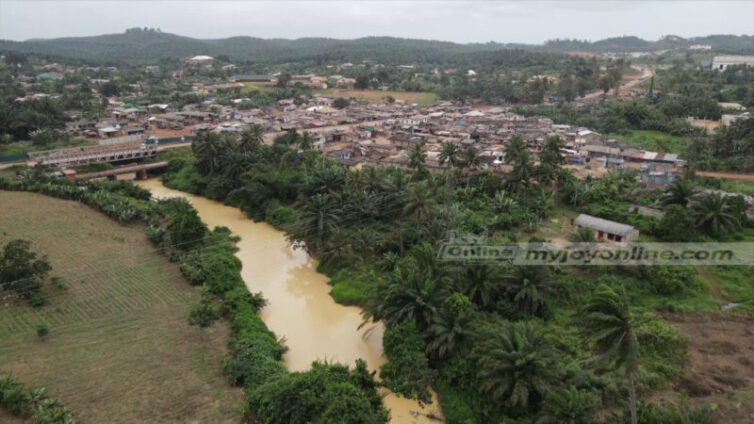In the past decade, illegal mining, locally known as galamsey, has emerged as one of Ghana's most pressing environmental issues. The reckless extraction of minerals, particularly gold, has devastated the country’s natural resources, transforming once-pristine forests, rivers, and farmlands into wastelands.
The impact of galamsey extends beyond local ecosystems, undermining several United Nations Sustainable Development Goals (SDGs), including SDG 15 (Life on Land), SDG 3 (Good Health and Well-being), SDG 14 (Life Below Water), and SDG 12 (Responsible Consumption and Production).
Weak enforcement, corruption, and the allure of quick profits have made it challenging to combat illegal mining through legislation alone.
Despite Ghana's existing regulatory framework—anchored by the Minerals and Mining Act (2006) and the Environmental Protection Agency Act (1994)—galamsey continues to thrive. Recent reports from the Ghana Water Company Limited (GWCL) highlight the severity of the situation, revealing significant water shortages due to the contamination of key sources.
According to GWCL, 60% of the country’s major water bodies have been polluted, with turbidity levels soaring to an average of 14,000 NTU—far exceeding the treatment capacity of 2,000 NTU.
The Ghana Academy of Arts and Sciences has put forward the following recommendations to address these concerns:
1. Immediate revocation of L.I. 2462 by the Executive and Parliament to protect the country's forest reserves, as inaction could lead to the loss of all reserves by 2030.
2. The Executive and Parliament must engage extensively with scientific experts and stakeholders when enacting environmental legislation, using their constitutional powers to safeguard the nation from environmental threats.
The Academy urges immediate action to revoke L.I. 2462 to prevent further environmental degradation and to ban mining in water bodies. They stand ready to collaborate with all stakeholders to protect Ghana's environment and combat illegal mining.
It said illegal mining has left a trail of destruction across the country. Beyond contaminating water bodies, it has devastated farmlands, particularly in cocoa-producing regions, and led to the loss of at least 34 forest reserves.
"As the country prepares for a potential lockdown, all eyes are on the government to respond to this escalating crisis and take the necessary steps to halt the environmental degradation threatening the nation’s water security and agricultural productivity" it said in a statement.
Latest Stories
-
George Twum-Barimah-Adu pledges inclusive cabinet with Minority and Majority leaders
43 mins -
Labourer jailed 5 years for inflicting cutlass wounds on businessman
44 mins -
Parliament urged to fast-track passage of Road Traffic Amendment Bill
45 mins -
Mr Daniel Kofi Asante aka Electrician
45 mins -
Minerals Commission, Solidaridad unveils forum to tackle child labour in mining sector
50 mins -
Election 2024: Engagement with security services productive – NDC
52 mins -
Retain NPP for the good of Ghana – Rebecca Akufo-Addo
52 mins -
‘Let’s work together to improve sanitation, promote health outcome’ – Sector Minister urges
53 mins -
Ellembelle MP cuts sod for six-unit classroom block at Nkroful Agric SHS
56 mins -
‘I’ll beat the hell out of you if you misbehave on December 7’ – Achiase Commanding Officer
58 mins -
AFPNC leads the charge on World Prematurity Day 2024
1 hour -
Court remands unemployed man over theft of ECG property
1 hour -
Election security rests solely with the police – Central Regional Police Command
1 hour -
NCCE engages political youth activists at Kumbungu on tolerance
1 hour -
‘In Mahama’s era students lacked chalk, but are now receiving tablets’ – Bawumia
1 hour

